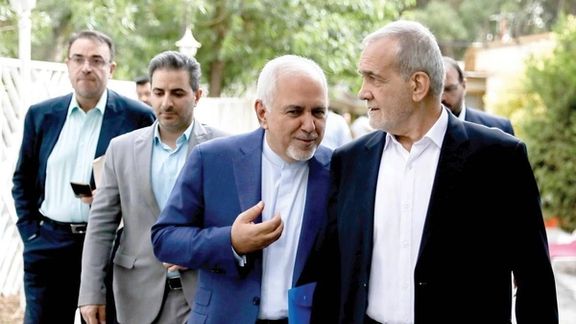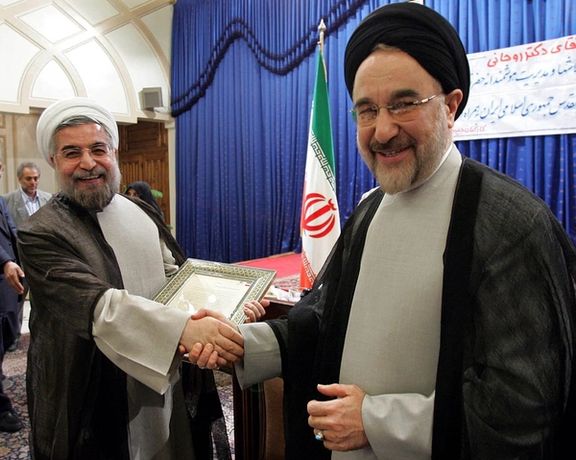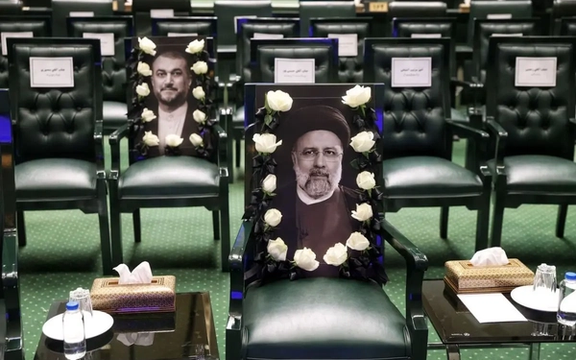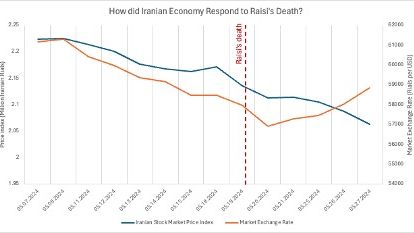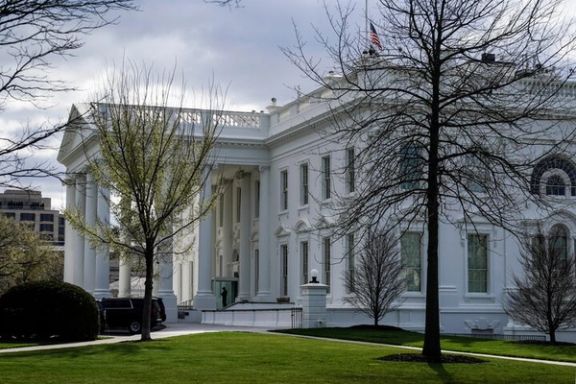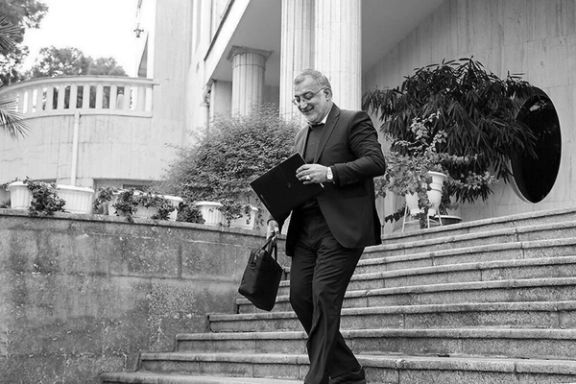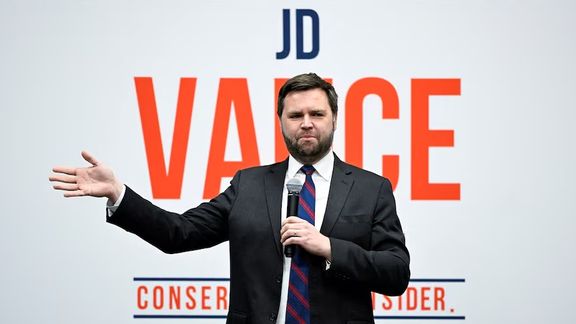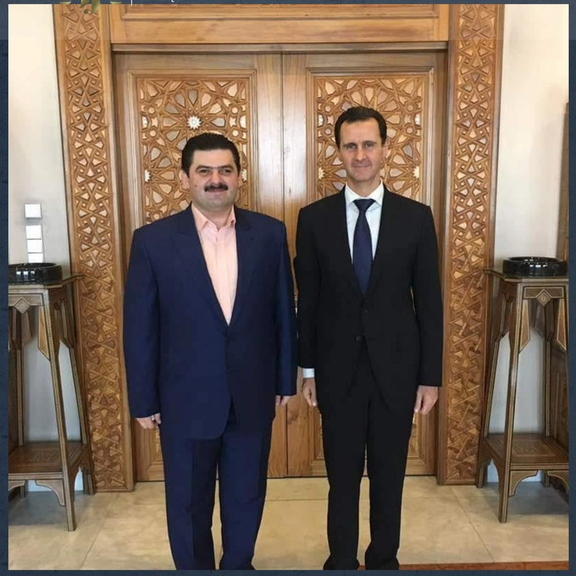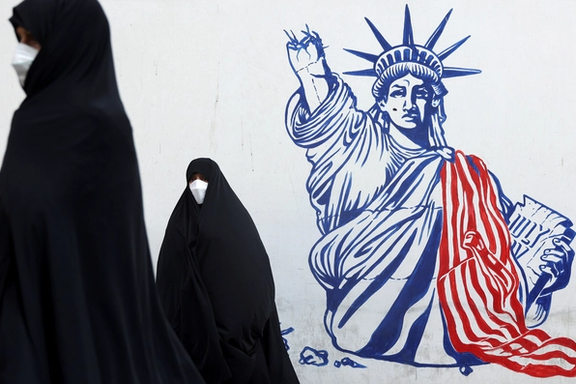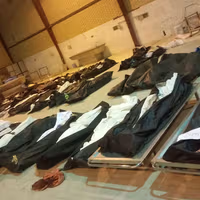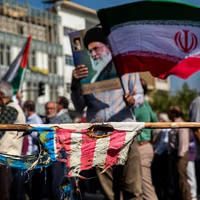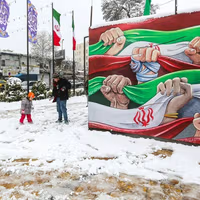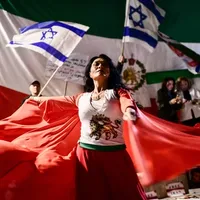Vance, a Republican senator from Ohio, has aligned himself with key conservative positions on Middle East policy.
Should Trump be elected president, a return of a maximum pressure campaign on Tehran will make a return, said Jason Brodsky, the policy director of United Against Nuclear Iran.
"I believe that the second term of the Trump administration would witness a return of the maximum pressure campaign and strong deterrent actions against the Iranian regime," said Brodsky.
Vance, like Trump, has been a vocal critic of the Iran nuclear deal, referring to it as “a disaster.”
Former president Trump withdrew in 2018 the United States from the landmark nuclear accord with Iran, known as the Joint Comprehensive Plan of Action (JCPOA), restoring harsh sanctions.
"[Vance] has spoken very critically about the Obama era JCPOA. He has applauded President Trump from withdrawing from that agreement. He has called the Obama era policy of sanctions relief against Iran's regime repugnant," said Brodsky.
Vance has also been a strong supporter of Israel, and supported the relocation of the US embassy to Jerusalem.
“The Iran deal was a disaster, Israel is our most important ally and [former US president Donald] Trump was right to move the [embassy] to Jerusalem," he said according to Israeli local media on July 20 2022 while speaking at a VIP gathering at the CPAC Israel event.
Military action
Despite his tough stance, Vance has also warned against the authorization of military force against Iran.
During an interview with CBS's Margaret Brennan on 'Face the Nation' in October 2023, Vance said he would not support military action against Iran on its own soil in response to rising attacks on US troops in the Middle East.
Brodsky said that aligns Vance with Trump's rhetoric during his first term in office, calling it "peace through strength."
The US strike in Iraq that killed top Iranian commander Gen. Qasem Soleimani on January 3, 2020, did not lead to war, said Brodsky despite fears of it.
Trump himself referred to his decision at the time as one of deterrence rather than aggression.
Iranian-American activist Nick Nikbakht, who is a Trump supporter, told Iran International he's disappointed by the choice of Vance as Trump's running mate.
"I was disappointed as a Trump supporter, as an Iranian American activist, that he will pick him because he doesn't fall in line. And if you kind of separate foreign policy from him, a lot of Republicans, a lot of Trump supporters are not happy with J.D. Vance. He's a flip flopper," said Nikbakht, making reference to Vance once being one of Trump's strongest critics.
“I’m a never-Trump guy, I never liked him,” Vance said during an October 2016 interview with Charlie Rose.
Nikbakht said the news of Vance is 'troubling' and 'dangerous.'
Iran lobby
He pointed to Vance speaking in May at the Quincy Institute, which is an American think-tank that faced accusations of advocating for US foreign policy aligned with the interests of the Islamic Republic.
Arkansas Republican Senator Tom Cotton tweeted that the Quincy Institute is a "hotbed of pro-Iran lobbying."
In Episode 5 of Iran International's 'Eye for Iran' podcast, Ellie Cohanim, a former US special envoy under the Trump administration, weighed in on the issue.
She asserted that the Quincy Institute, co-founded by Trita Parsi, is linked to NIAC (National Iranian American Council). Cohanim further alleged that a law case deposition exposed Parsi's ties to the Iranian government.
Cohanim said she believes Vance was likely unaware of the reported ties.
"So through this chain, we know that Quincy has these links to the Islamic Republic. And sadly, people like Revet Ramoswami and JD Vance spoke at this Quincy Institute conference not too long ago. I'm not sure that those gentlemen are aware of Quincy's ties," she said.
But activists like Nikbahkt see things differently.
"He is perfect for the mouthpieces of the pro-regime lobbyist and propaganda arm. That's the reason he's there. So I would say it's more troubling and dangerous," said Nikbahkt in reference to Vance's recent speech at the Quincy Institute. He said his views are not a representative of all Iranian-Americans.
On social media, Iranian-American activist Sarah Raviani, a visiting fellow with the National Union for Democracy in Iran (NUFDI), wrote that reactions on Vance have been diverse within the community.
She encouraged her followers to watch Vance's Quincy Institute speech, and described her reaction to Vance's stance on Iran as a "surprise."
